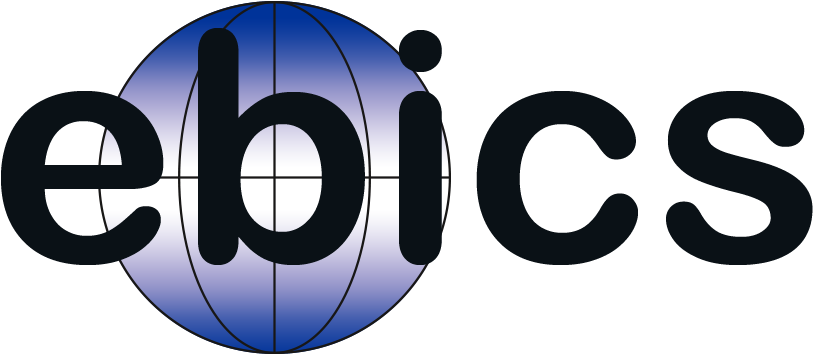Management Summary
In 1995 it became compulsory for all German banks to comply with the Banking Communication Standard (BCS/FTAM), which thus established itself as the industry standard for corporate customer payment transactions. This means that for many years, German corporate clients have benefited from flexibility in their choice of a financial institution - a situation largely unknown in many markets. The standard's user neutrality regarding business transactions and data formats, together with its precise definition of the order types to be supported (e.g. MT940 account statements and later on the new XML-based generation), enabled several highly specialised applications (e.g. Multicash) to be developed for the exchange by corporate clients of BCS compliant payment transaction data files. It became apparent, however, that basing the BCS on the FTAM communication protocol did not lend itself to internet use.
For this reason, the German banking sector represented by "Die Deutsche Kreditwirtschaft" (DK) enhanced BCS/FTAM processes to make them suitable for internet-based use and built in some additional features such as the distributed electronic signature. The resulting EBICS (Electronic Banking Internet Communication Standard) was subsequently adopted by the DK and can be downloaded by all interested corporate clients, software engineers and banks. Many financial institutions and corporate clients started implementing EBICS voluntarily at the end of 2006 and since 2008 the standard has been mandatory in Germany.
The advantage of EBICS is that the basic BCS concept is retained: a data file exchange independent of message standards and formats using established digital signature and encryption procedures. Its features are based on international standards for internet communication and improved security (XML, https, TLS and SSL).
During the development of EBICS, care was taken to ensure compatibility with advances in international standards. Consequently, EBICS has the potential to become a European standard. SEPA data format payment transfers using EBICS only require the specification of a new order type. Account information, on the other hand, can already be provided using the internationally established MT940 format. EBICS is thus a major milestone on the road towards SEPA, able to guarantee the accessibility of all banks by means of a single communication technology throughout Europe.
On November 14th, 2008, a cooperation agreement was concluded between Germany and France on the application of EBICS. EBICS 2.4 is the first German-French EBICS version.
Since that, CFONB (French Committee for Banking Organization and Normalization) launched its project to support EBICS with the aim to discontinue the current secured communication protocol so called ETEBAC.
A Company (EBICS SC) for the advancement and maintenance of the EBICS standard was established and EBICS trademark rights were registered.
In January 2015 Switzerland (represented by SIX Interbank Clearing which is the coordination instance for Swiss banking standards) joined the EBICS SC.
Austria (represented by STUZZA which is the standardization and consulting organization of Austrian banks) joined the EBICS SC in July 2020.
By joining the EBICS Company, other countries will have the opportunity to adopt the EBICS procedure, thus making it a European standard. News on the current schedule for EBICS can be found under the category Technical Information.
The objective of the EBICS SC is to extend the use of EBICS to other European countries and to further harmonise transactions, electronic authentication, and client-to-bank formats.
